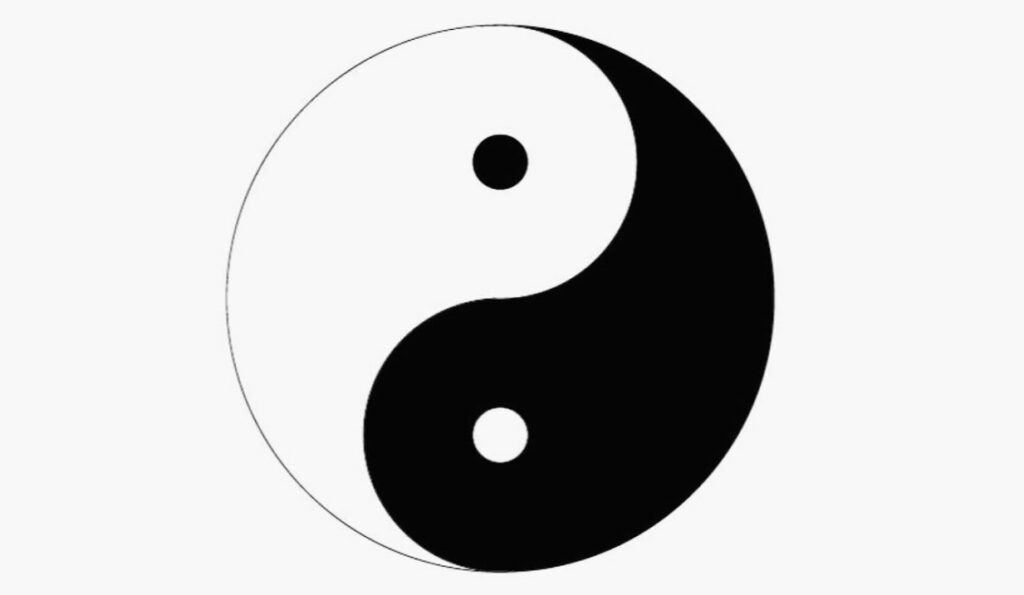道
May-2020
There is a great tenet in the East, that speaks volumes to those who scarcely consciously understand it. Yet their unconscious recognize its sacred significance.
「以中和為貴」
– 老子,《道德經》
It means: “presume balance as noble”.
Two reasons come to mind for this phrase having left an impression in my memory. One time, my father and I were having lunch with some colleagues of his. Mid-way through an otherwise trite and uninteresting conversation, the young regional manager (his title is something like that) said this exact phrase. It made me consider how deeply ingrained texts like the《道德經》are in Chinese culture; just as the bible is in Western culture, albeit people seldom realise it – Peterson’s observation. It is also why so many young men are searching for paternal figures like Peterson for guidance and the passing on of the great traditions of the West.
There is a small running joke about “white people having no culture”. Well is that surprising? The United States has been around for not even 250 years; the same could be said for Australia – just over a century, Canada and other such countries; the eponymous ‘land of opportunity’ is a consolidation of fifty states! A century is a long time for some things – yet but a drop in the evolutionary bucket. Younger nations like Australia have placed a massive emphasis on ‘multiculturalism’ and embracing diversity in addition to barely having their own history. Throughout this small time-frame, we’ve also observed the largest amount of immigration and – in this current era of information – identity fragmentation in the history of mankind.
Contrast this with Christianity – at least two millennia worth of ideological tradition with no shortage of bloodshed, warfare and sacrifice as a testament to its Truth and the –《道德經》thought to be composed 2600 years ago.
You’ll notice the pillar of Chinese philosophy is the 道 (Dao), the Path through 陰 (Yin) and 陽 (Yang). Sometimes you have to compromise to be in accord; sometimes being steadfast alone is necessary for the desired outcome.
「是可忍,孰不可忍」
– 孔子 (Confucius)
It’s difficult to think of a more symbolic image than 陰陽:
Perhaps the Cross.
Perhaps they are even analogous symbols – pointing to the same idea.

